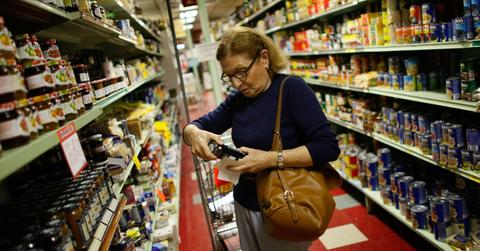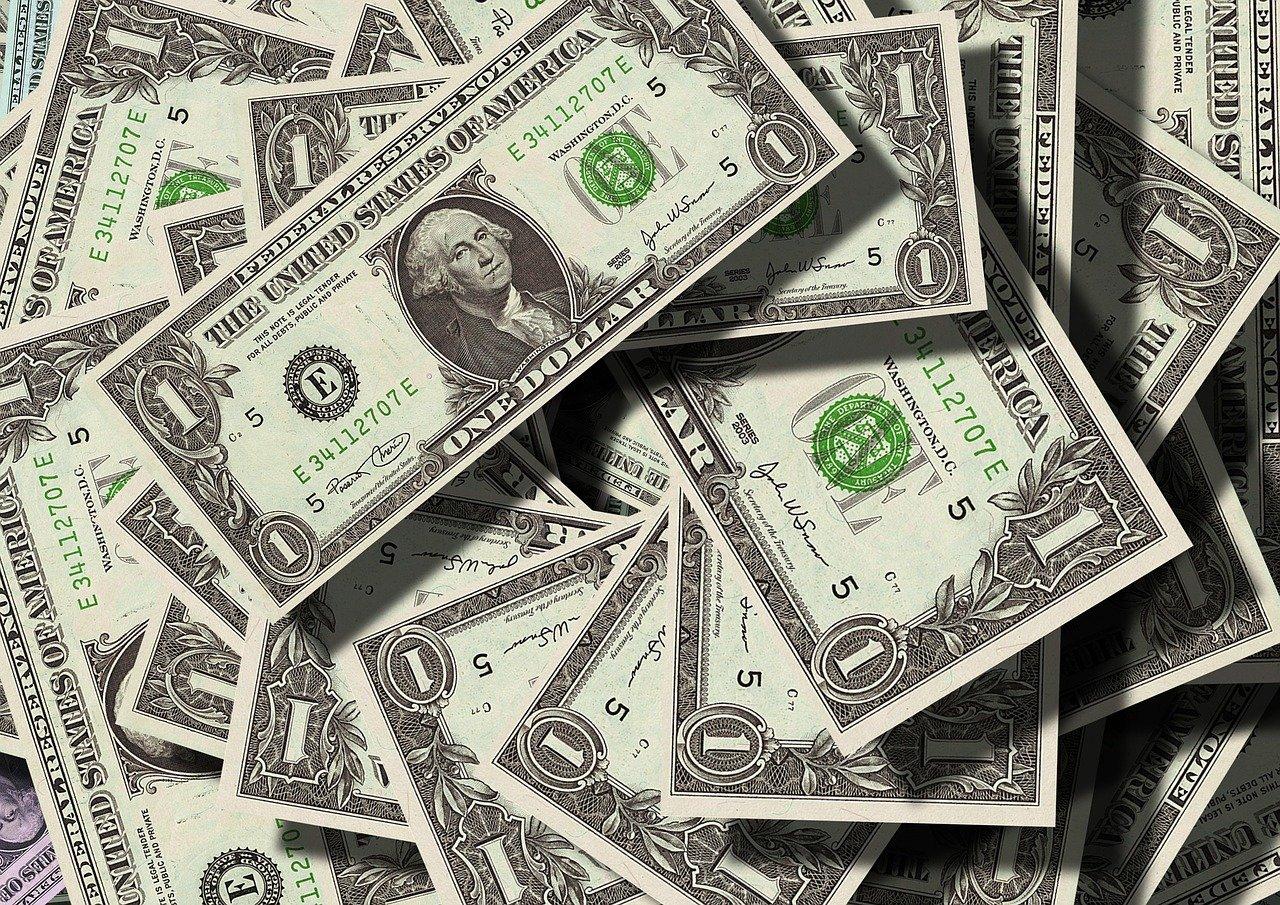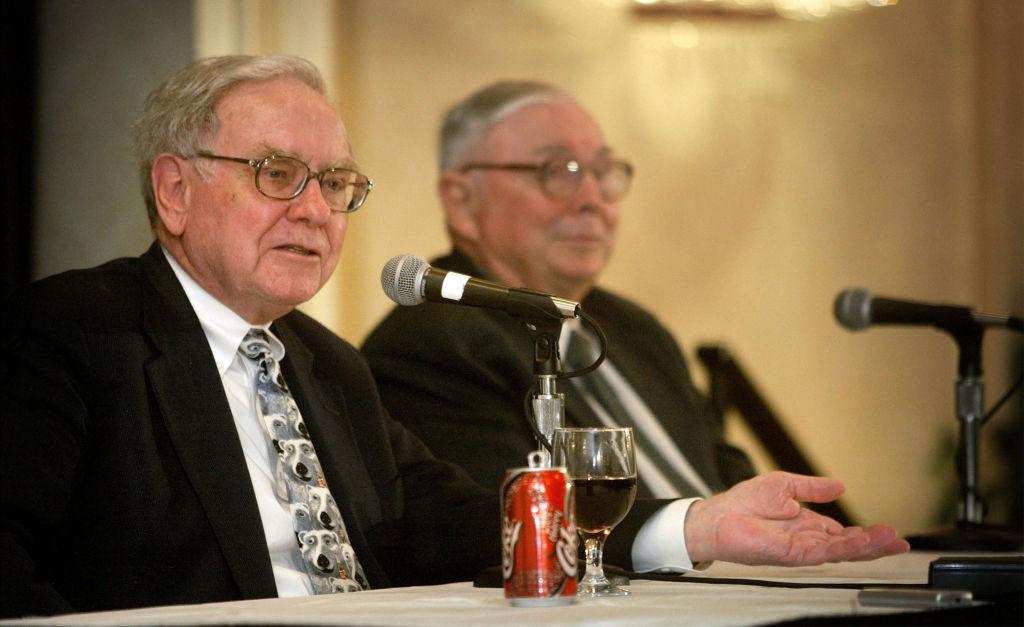Higher Government Spending Does Cause Inflation — Here's Why
Amid multi-decade high inflation, many have been trying to apportion the blame for the price rise. Does high government spending cause inflation?
June 21 2022, Published 9:48 a.m. ET
As U.S. inflation has risen to a multi-decade high, many have been trying to apportion the blame for the price rise. Some blame the Federal Reserve’s delay in raising interest rates while others blame the massive government spending over the last two years. Does high government spending cause inflation?
First, we should understand that inflation is rising globally. Both developing as well as developed countries are grappling with above-average inflation. While U.S. inflation is higher than that of many other developed countries, some of the other countries have even higher inflation.
What causes inflation?
Many factors cause inflation, including a demand-supply mismatch and higher input costs. When demand is higher than supply, traditional finance tells us that prices rise. Similarly, when companies see a rise in input costs, they have few options but to raise prices.
Government spending adds to inflation.
Higher government spending can either be backed by taxes or fuelled by debt (including issuing more currency). Spending backed by the issuance of new currency instead of taxes is typically inflationary in nature.
The U.S. government spending has risen by trillions of dollars since the onset of the COVID-19 pandemic. The government provided stimulus to the economy, including stimulus checks to individuals. These came at a time when we already had a global supply chain crisis and a shortage of several products.
Arguably, the stimulus was the need of the hour. The U.S. economy needed support to pull out of the pandemic. However, one side effect has also been inflation. As people had more money without a commensurate increase in the supply of goods and services, we saw an increase in inflation.
Also, many argue that the fiscal stimulus impacted the U.S. labor market as many people stopped looking out for work due to increased federal support. This amplified the labor shortage situation in the country and added to inflation.
Joe Manchin also blamed higher government spending for inflation
Joe Machin, who blocked President Joe Biden’s ambitious BBB (Build Back Better) bill also sees higher government spending as inflationary. Many on the far left in the Democratic party don’t think so and say that BBB is necessary for the U.S. economy. Some economists also believe that BBB would help lower inflation in the long term.
Overall, the massive government spending and the resultant increase in U.S. national debt were always going to have their costs. In the short term, we are seeing it manifest in the form of high inflation. In the long term, the debt has to be repaid by future generations. Also, as interest rates rise, the U.S. federal government would see a rise in its interest outgo.
There's empirical evidence on the relationship between government spending and inflation.
While most economists agree that higher government spending is inflationary, the empirical evidence is mixed at best. In its research, the Federal Reserve Bank of St. Louis said, “Across the board, we found almost no effect of government spending on inflation.” However, it added, “Our paper simply demonstrates that the inflation channel of government spending is not an empirically important way that this spending might affect the economy.”
More recent research by the Federal Reserve Bank of San Francisco found a relationship between higher government spending and U.S. inflation. It said, “The interplay between when assistance was delivered and how households responded to successive COVID waves created complicated dynamics in the economy. Building these dynamics into a simple model suggests that they may have contributed to about 3 percentage points of the rise in U.S. inflation through the end of 2021.”
By and large, economists agree that higher government spending is inflationary. When it's accompanied by accommodative monetary policy, as we saw between 2020 and 2021, the impact on inflation is even more severe. Add the supply chain issues and we had a perfect storm.
Warren Buffett has been warning about inflation.
Berkshire Hathaway chairman Warren Buffett and vice-chair Charlie Munger have also been warning about the rising federal deficit and rising inflation for over a year now.
At the 2021 annual meeting, Buffett called it a “buying frenzy” and said that people are ready to pay higher prices for goods and services as they have more money in their pockets, a reference to the stimulus checks. Munger even questioned the proponents of Modern Monetary Policy who bat for higher debt-fuelled government spending.
Munger added, that if the fiscal deficit continues “without any limit it will end in disaster.” Buffett echoed similar views at the 2022 annual meeting also and said, “You print loads of money, and money is going to be worth less.”
Looking at the current macro environment, the nonagenarians’ warnings should have been heeded. What followed was the continuation of the fiscal extravaganza. The Fed and the federal government have a tough balancing task ahead of them.



